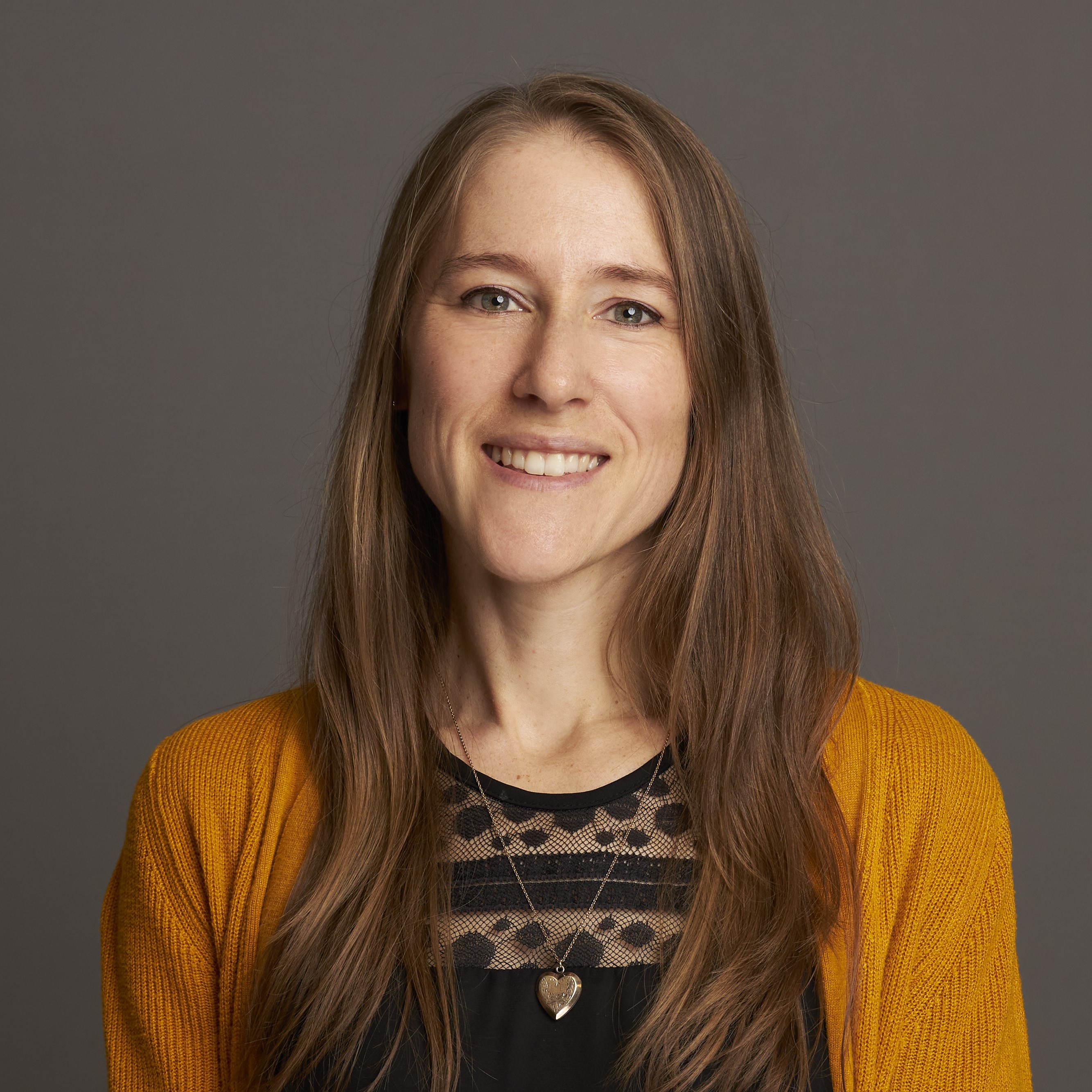|
| Development and Validation of Owner-Implemented Protocols for Companion Dogs |
| Sunday, May 26, 2024 |
| 6:00 PM–6:50 PM |
| Convention Center, 100 Level, 108 AB |
| Area: AAB; Domain: Applied Research |
| Chair: Erica N. Feuerbacher (Virginia Tech) |
| CE Instructor: Mindy Waite, Ph.D. |
| Presenting Author: MINDY WAITE (Carroll University) |
| Abstract: Behavior problems are common in companion animals, yet relatively few behavior intervention protocols have been validated for this population. Further, even fewer studies have packaged validated protocols for public consumption or assessed the incorporation of owners as implementers. As a result, owners must turn to unvalidated, publicly available protocols or work with behavior practitioners using procedures with undetermined validity and owner fidelity to protocol. This is problematic, as owners are typically expected to perform the majority of intervention implementation, and ineffective protocols or lack of procedural fidelity can result in poor outcomes. This presentation will discuss previous and current behavior analytic research incorporating owners into behavior protocols for companion dogs, including functional analyses, preference assessments, and a discussion of a recent study to develop and analyze a choice-based, owner-implemented protocol focused on training companion dogs to cooperatively participate in ear cleaning. Across studies, protocols were efficacious and had high social validity and owner integrity. For both the ear cleaning and preference assessment studies, owners implemented the majority of the protocols with both autonomy and high fidelity. However, some owners required individualized support, with the amount required being unique to each pair, suggesting that owner-implemented protocols may require some professional oversight. |
| Instruction Level: Intermediate |
| Target Audience: junior BCBAs, Behavior analysts within their first 5 years of practice (including practitioners, supervisors, etc.), Currently enrolled in or recently completed graduate-level work |
| Learning Objectives: At the conclusion of the presentation, participants will be able to: (1) describe existing literature on incorporation of owners into behavior protocols in companion animals; (2) describe ways to package protocols which may increase procedural fidelity during owner implementation; (3) prepare for different types and amounts of support requested by owners during autonomous protocol implementation. |
| |
| MINDY WAITE (Carroll University) |
 Mindy is a clinical assistant professor in the Animal Behavior Program at Carroll University in Waukesha, WI and instructor at Virginia Tech in the Applied Animal Behavior and Welfare program, where she is also on several graduate student committees. She is a board-Certified Applied Animal Behaviorist (CAAB). In addition to teaching and consulting, Mindy engages in research on companion canine behavior. Her early studies focused on the prevalence, function, and function-based interventions for mouthing behavior in dogs. Current studies focus on developing and validating owner-implemented protocols which can be autonomously carried out by animal caretakers. Her previous publication focused on the modification and validation of an owner-implemented food preference assessment for dogs, and her current study focuses on the validation of a protocol offering asynchronous modeling and coaching to owners autonomously training their dogs to cooperatively engage in an ear cleaning procedure. Her research has received several awards, including the Marian Breland-Bailey Award and Fear Free Award, as well as competitive funding from Fear Free. She received her BS in Genetics from the University of Wisconsin-Madison, PhD in Molecular Biology (mouse brain development) from the University of Michigan, and MS in Behavior Analysis from Marquette University. Mindy is a clinical assistant professor in the Animal Behavior Program at Carroll University in Waukesha, WI and instructor at Virginia Tech in the Applied Animal Behavior and Welfare program, where she is also on several graduate student committees. She is a board-Certified Applied Animal Behaviorist (CAAB). In addition to teaching and consulting, Mindy engages in research on companion canine behavior. Her early studies focused on the prevalence, function, and function-based interventions for mouthing behavior in dogs. Current studies focus on developing and validating owner-implemented protocols which can be autonomously carried out by animal caretakers. Her previous publication focused on the modification and validation of an owner-implemented food preference assessment for dogs, and her current study focuses on the validation of a protocol offering asynchronous modeling and coaching to owners autonomously training their dogs to cooperatively engage in an ear cleaning procedure. Her research has received several awards, including the Marian Breland-Bailey Award and Fear Free Award, as well as competitive funding from Fear Free. She received her BS in Genetics from the University of Wisconsin-Madison, PhD in Molecular Biology (mouse brain development) from the University of Michigan, and MS in Behavior Analysis from Marquette University. |
|
| |